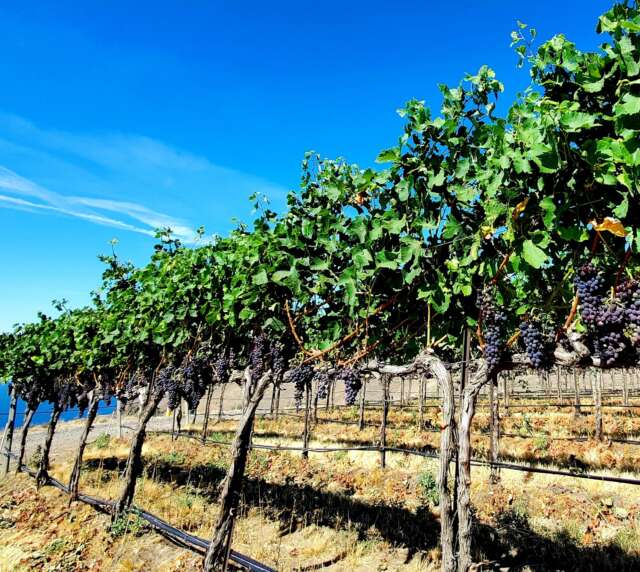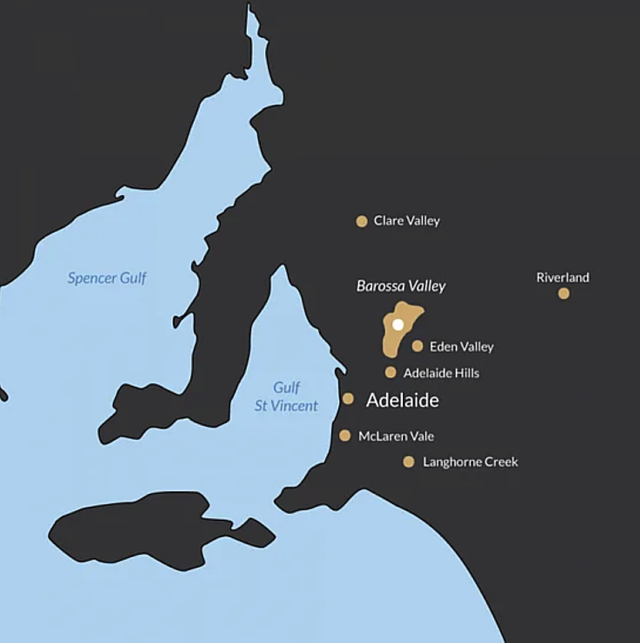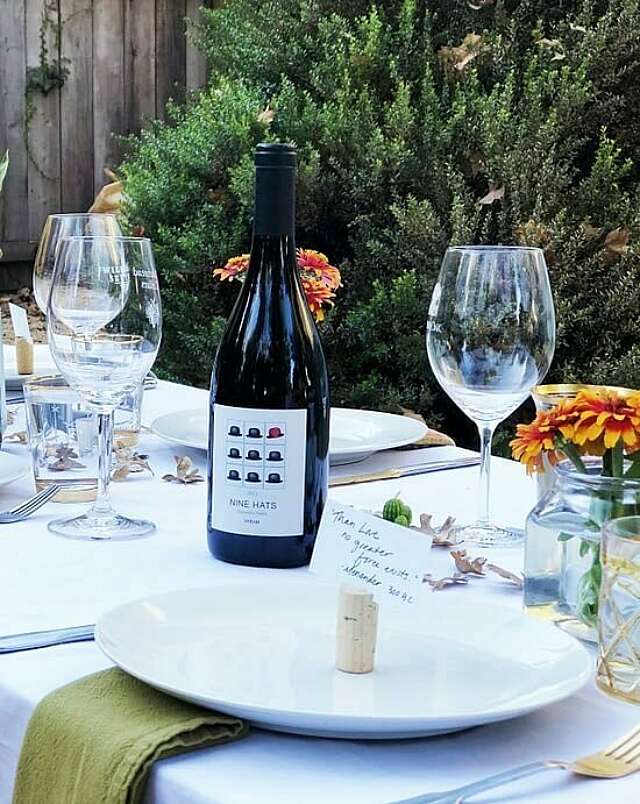Why Washington Wines? Part 2: Syrah
Syrah's History
As the temperature drops and we’re spending more and more time cozying up inside, it’s time to shine the spotlight on Syrah. What do we know about the grape? Let’s start with the basics. It originated in the North of France’s Rhône River Valley. With thick, dark skins, Syrah makes a wine that is deeply colored, richly textured, and full of intense dark fruit flavors. It’s flavor profiles can be a little hard to pin down, and one of the reasons is because it’s very much a product of where it is grown. Grown in cooler climates, savory notes of bacon and black pepper come out to mingle with tart blackberry, supported by well-structured tannins. Grown in warmer climates, you’ll taste rich, ripe blueberries, along with pillowy soft tannins. It has something for everyone, so next time someone asks what you’d like a glass of, choose Syrah!
It’s important to note that while Syrah is a delicious and complete wine on it’s own, this varietal is often used as a blending partner to Grenache and Mourvedre. You’ll often see or hear a reference to GSM – that’s a blend of all three Grenache, Mourvedre, and Syrah.

Syrah in Washington
Though it’s not the most commonly planted grape in Washington, Syrah is quickly becoming a favorite amongst winemakers, and certainly wine drinkers. Of all the wine growing regions in the United States, eastern Washington (specifically Red Mountain and Wahluke Slope, which is where our Syrah comes from) is uniquely suited for growing a Syrah that incorporates both the warmer and the cooler climate styles.
Our growing season is long and the days are quite warm; however, the nights cool off significantly, which is vital for maintaining acidity and developing the firm tannins associated with classic Syrah. These cool nights help showcase a more savory side of Syrah – bacon, olives, and black pepper – while the warm, sunny days bring out the deep blackberry flavor and aroma. The end result? A New World spin on an Old World legend.

Syrah in Australia
In Australia, they call this wine Shiraz. Syrah and Shiraz are genetically identical, so the difference is simply lexical. The end product, though, is anything but. Australians primarily grow the warm-weather kind of Shiraz, hailing from the extremely warm and sunny Barossa Valley, leading to grapes with higher sugar and lower acid. The resulting wine is rich, soft, and chock-full of dark fruit flavors with aromas of licorice and tobacco. They have a unique practice in the Barossa Valley of leaving the grapes on the vine for an extended time, which accentuates the ripe, jammy fruit flavor and aroma and raises the alcohol levels, making these wines some of the most full-bodied in the world. Also, making Shiraz a great choice when you’re trying to warm up from the cold!

In the Glass
Most importantly, how do the two taste?
The Nine Hats Syrah is a sight for sore eyes! Its beautiful minerality on the nose and rich mouthfeel of black raspberry, licorice, and roasted coffee is extremely enjoyable. A bold yet well-balanced wine, it’s aged 18 months in 70% neutral and 30% new oak barrels.
We asked winemaker Gilles Nicault to compare a traditional Australian Shiraz wine with our 2016 Nine Hats Syrah and this is what he had to say:
“Although the terroir and winemaking history in the Barossa Valley is unique and can’t be duplicated, the 2016 Nine Hats Syrah carries some of the hue and color intensity found in the Shiraz there. It also shows a beautiful texture, balance and elegance similar to what is found in the Entity produced by John Duval Wines. Part of these similarities are due to our soils, dryer and warmer growing season, and winemaking techniques used on this Nine Hats wine. For example, the use of whole clusters during fermentation which increases the mid-palate texture and adds layers of aromatics like black olives.”
You’re the ultimate judge. Pick up a bottle of our 2016 Nine Hats Syrah and your favorite Australian Shiraz and share with us on social what you think!